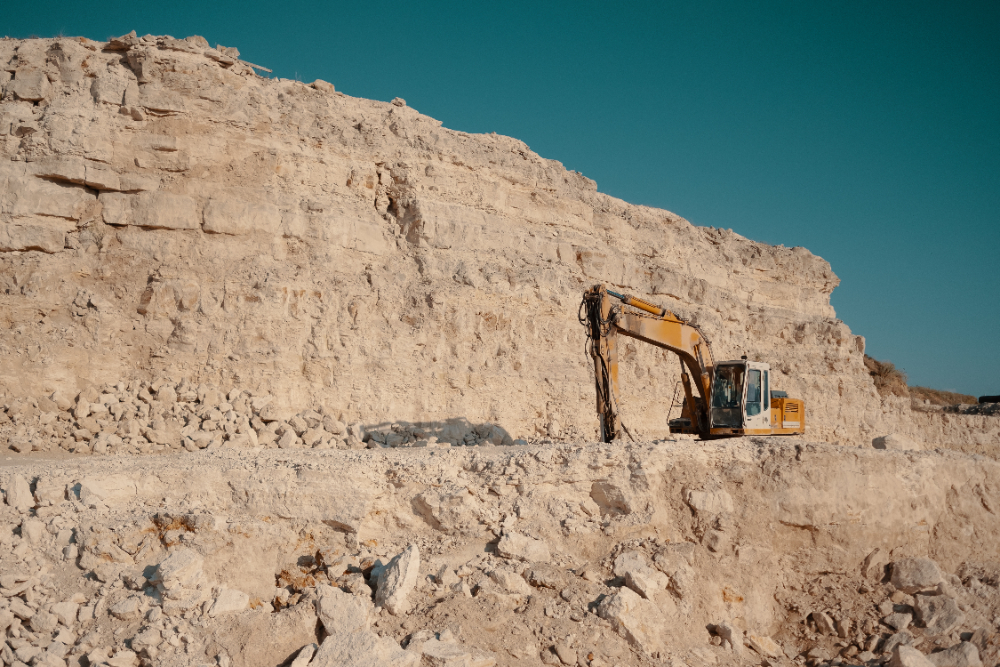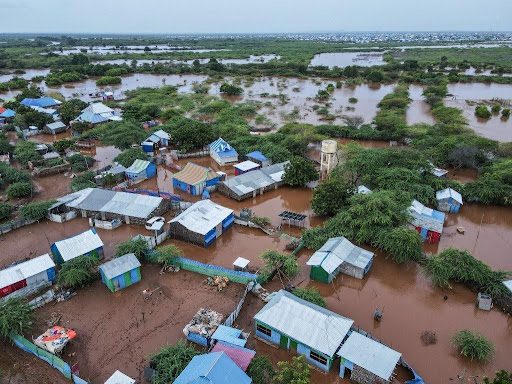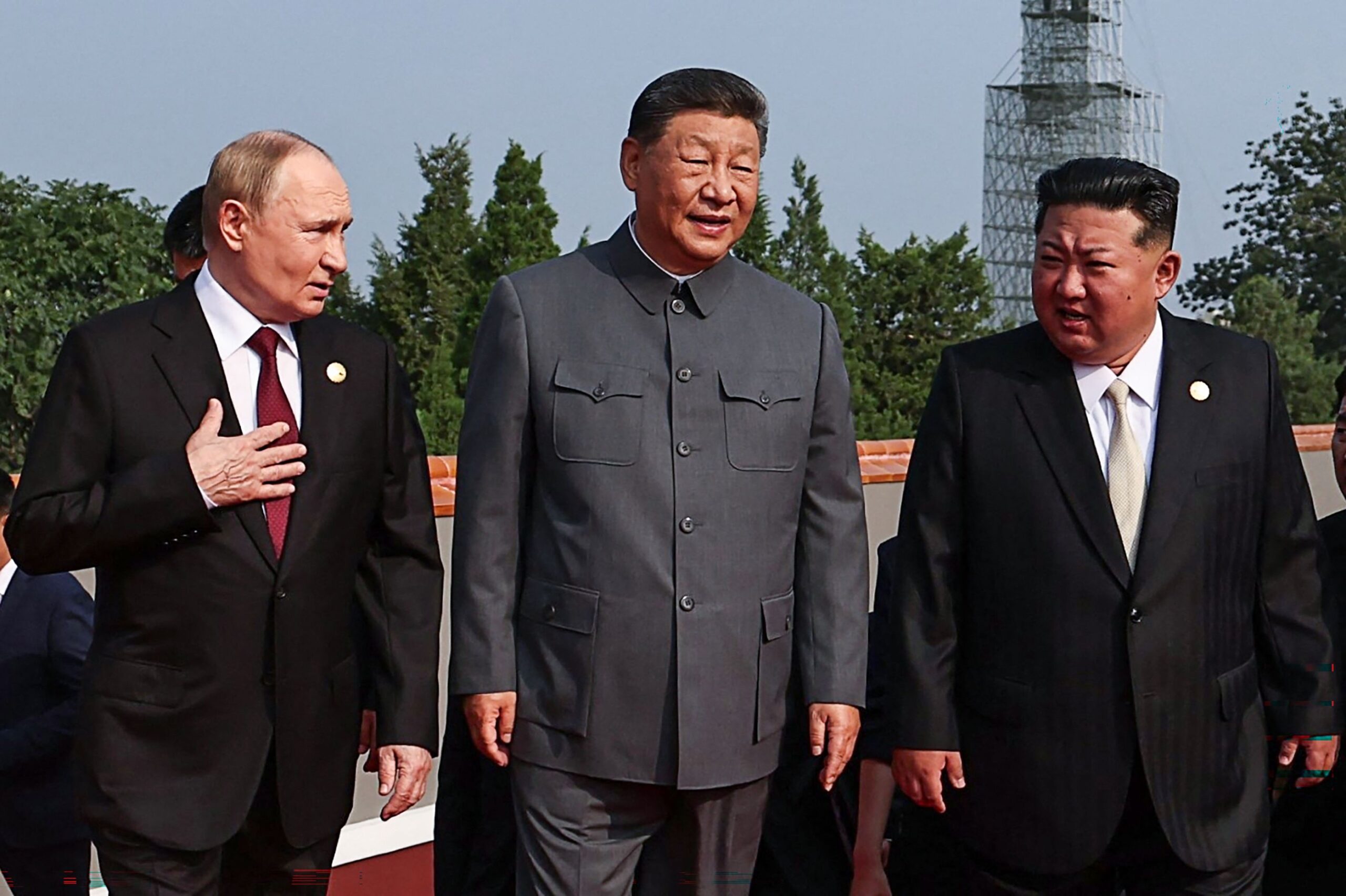

The mining sector—a linchpin of global industry—is undergoing a transformative phase. Africa, endowed with vast reserves of transition minerals critical to the global low-carbon economy, finds itself at a pivotal crossroads. The recent Mining 2030 report by the Global Investor Commission underscores the critical role institutional investors can play in aligning the sector with sustainable and equitable practices.
As the demand for transition minerals like lithium, cobalt, and graphite surges, Africa’s resource-rich nations are uniquely positioned to shape the future of global supply chains. The Democratic Republic of Congo (DRC), which dominates global cobalt production, exemplifies the continent’s prominence. However, concerns persist. Governance challenges, labor rights abuses, and environmental degradation remain significant barriers to ensuring the sector’s long-term sustainability. The global transition to renewable energy hinges on reliable supplies of these minerals, making Africa’s role more critical than ever.
In contrast, countries like Zambia and Guinea have made strides in addressing transparency and environmental concerns through frameworks like the Extractive Industries Transparency Initiative (EITI). These nations demonstrate that robust governance can unlock both local development and global investor confidence. Guinea, for example, has leveraged its substantial bauxite reserves to attract foreign investment while promoting infrastructure development, showcasing how mineral wealth can be channeled into broader economic gains.
The mining industry’s environmental footprint is vast, with over 70% of mining operations located in water-stressed regions. Transition minerals are often found in ecologically sensitive areas or on Indigenous lands, raising concerns over biodiversity and community rights. For example, S&P Global reports that nearly 30% of mining sites overlap with key biodiversity areas, heightening risks of irreversible environmental damage. The specter of seabed mining further complicates the sustainability equation, as it threatens fragile marine ecosystems with largely unknown consequences.
Socially, mining often brings mixed outcomes. While the sector generates employment and infrastructure, inequities in benefit distribution frequently lead to local conflicts. In regions like southern Africa, where mining’s contribution to GDP is substantial, ensuring community buy-in through equitable revenue sharing and meaningful engagement is paramount. South Africa’s success in localizing the beneficiation of platinum group metals offers a replicable model for other nations. Furthermore, efforts in Ghana to formalize artisanal and small-scale mining (ASM) have shown promise in reducing environmental harm while enhancing economic opportunities for local communities.
The Mining 2030 report highlights the strategic role of institutional investors in driving sustainable practices across the mining value chain. By leveraging their capital, investors can promote companies adhering to high Environmental, Social, and Governance (ESG) standards. For instance, through active stewardship, investors can enforce rigorous standards for new projects, ensuring that social and environmental safeguards are embedded from the exploration phase. Early intervention at the design and feasibility stages of mining projects can significantly reduce long-term environmental impacts.
Investors also have a role in encouraging circular economy principles, which aim to minimize waste and optimize resource use. South Africa’s efforts in recycling platinum and the adoption of tailings management standards in Zambia reflect the potential for scalable solutions. Additionally, collaboration between investors and governments can lead to the development of infrastructure that supports sustainable practices, such as renewable energy integration into mining operations or advanced waste treatment facilities.
Africa’s road to becoming a sustainable mining powerhouse lies in addressing systemic governance gaps and fostering partnerships between governments, communities, and investors. Policy reforms that incentivize ESG compliance, coupled with investments in infrastructure and capacity building, can transform mining from a source of conflict into a driver of inclusive growth. For example, Botswana’s diamond industry has successfully implemented local beneficiation processes, ensuring a fairer distribution of mining revenues.
Moreover, African nations must take proactive steps to integrate local expertise and innovation into the sector. Initiatives such as Ghana’s development of artisanal mining cooperatives illustrate the potential for grassroots approaches to enhance sectoral resilience. Capacity-building programs that train local communities in advanced mining techniques and environmental management can create a workforce that is both skilled and invested in sustainable outcomes.
The continent’s vast untapped potential also extends beyond mining operations. By fostering downstream industries, African countries can move up the value chain, creating jobs and retaining more economic benefits locally. This transition, however, requires significant investment in education, technology, and infrastructure, as well as supportive policies that incentivize innovation and entrepreneurship.
The next decade will determine whether Africa’s mining industry can pivot to a more sustainable, inclusive model. By aligning with global best practices and leveraging its natural wealth responsibly, the continent can secure a future where its resources fuel not just economic growth but also social and environmental progress. For institutional investors, the challenge—and opportunity—lies in supporting this transition while ensuring returns that benefit all stakeholders.
As the Mining 2030 report emphasizes, the path forward demands collaboration, innovation, and unwavering commitment to sustainability. Africa’s mining sector, rich in potential and complexity, has the power to redefine global supply chains while uplifting its communities. With the right strategies and partnerships, the continent can lead the way in building a mining industry that is both profitable and equitable, setting a benchmark for the rest of the world.


